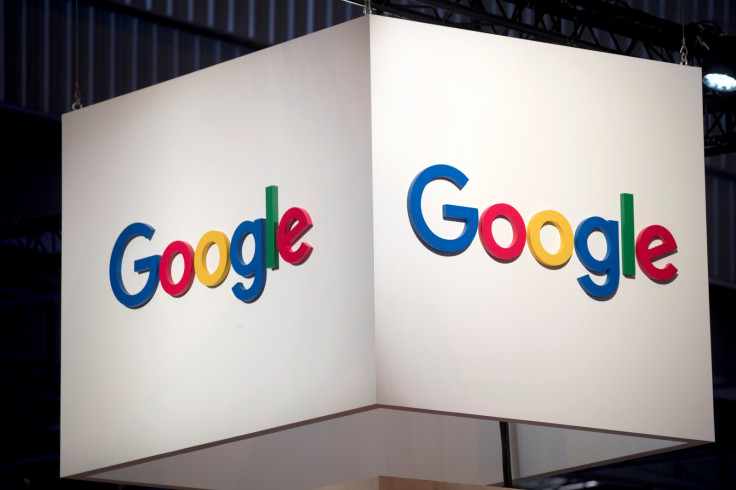Google Pixel 4 face recognition research suspended due to exploitation concerns
A probe has started into the matter and the research has been suspended.
Google has suspended its facial recognition technology research, just weeks before the launch of its upcoming smartphone, Pixel 4.
The research had been marred by exploitation concerns, with a contractor hired by the company offering homeless people $5 for participating in the research without informing them that it was being done for Google. It also recorded data from unsuspecting college students.
On Sunday, the New York Times reported that after news reports regarding the active targeting of homeless people emerged, Google has suspended their face recognition research.
The company had claimed at the time that it had done the research to ensure that the company's facial recognition recognises a wide array of faces and is not biased towards one skin colour. However, the research methodology seemed to be sketchy at best.
The company told the New York Times that it has immediately suspended the program and opened an investigation into the matter, once it became public knowledge. The company's delayed reaction indicates either its ignorance of the matter or worse, it's being complicit in such an endeavour. Google has confirmed that they did hire contractors from the data collection firm Randstad, which is at the core of the matter.
The company claims that it had instructed its contractors to be transparent about the purpose of recording the data. In case the findings are correct, Google appears to have already worked out a plausible deniability excuse.
"We're taking these claims seriously and investigating them. The allegations regarding truthfulness and consent are in violation of our requirements for volunteer research studies and the training that we provided," said the official statement on the matter, given by Google to the Verge.
The program hasn't been shut down for good. Instead, it may be resumed post-investigation. The company will also keep paying contractors while the investigation continues.
However, Google may not be let down easy.
Here's what Atlanta City attorney Nina Huckson stated on the matter, "The possibility that members of our most vulnerable populations are being exploited to advance your company's commercial interest is profoundly alarming for numerous reasons."

© Copyright IBTimes 2025. All rights reserved.





















